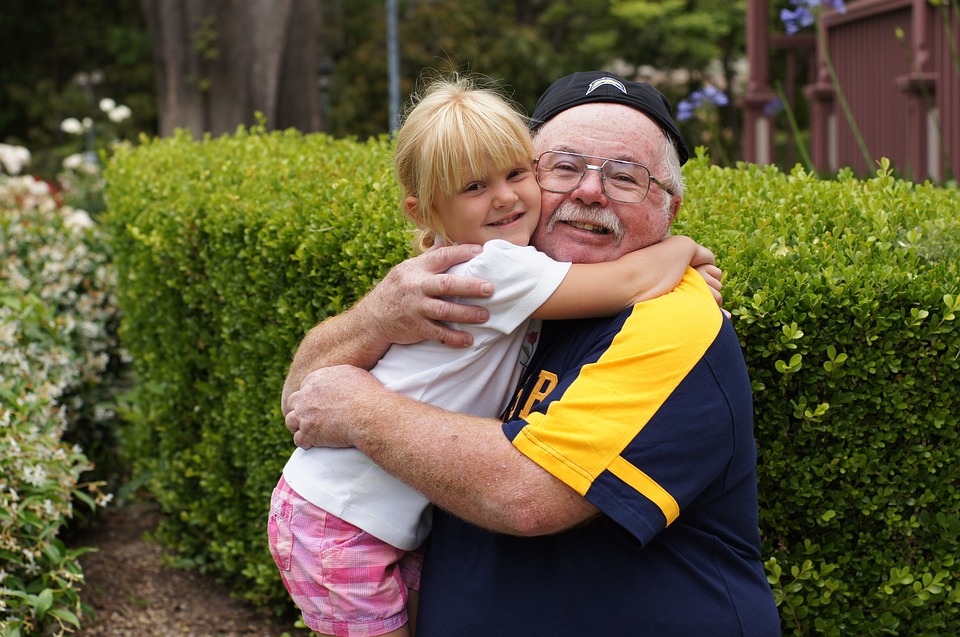Finding out that someone close to us has dementia and then coping up with the ongoing illness can be distressing even for the best of us, and especially more so for children and young people. Children often suffer as they watch a grandparent with dementia decline. Parents struggling with caregiving are often too frustrated and sad to focus on their children. However, children need ongoing support just as their parents do. It is challenging but the parent needs to make their children understand that their grandparents love them as much as ever, no matter the changes dementia brings to them. The true challenge is to help children cope with the loss of their grandparent as he or she once was and learns to care for and help their grandparents as they are right now.
Let us discuss some tips for helping children cope with their grandparent’s personality changes:
- Dementia often turns people irritable or even abusive. Your children should be told that they are not the reason for this behavior and also the fact that such behavior is something that is out of their grandparent’s control. Tell them that such behavior is because of a disease.
- Embarrassment is an issue all young people face. There are times when grandparent’s behavior may embarrass children, especially if their friends are around. You yourself may sometimes face issues that prove to be embarrassing. So have an open discussion about it with your children and why is it important that we accept such behavior and cope with it. Tell them that you too sometimes face such embarrassing situations but it is important that our relationships are not undermined by them.
- Involve your children in the care taking process. For example, if your grandparent loved music and your children do play, they could play for them. Music really helps. It sort of helps communicating even without talking. And it is not just music. Encourage your children to read to their grandparents their favorite books, or anything else they can do which their grandparents like.
- Understand when to pull your child away. Dementia does lead to unexplainable rage. When that happens tell your child that you are leaving grandpa or grandma with other help till he/she gets better and then remove the child from the room. If your grandparent lives continuously with you then explain to your children that abusive behavior is caused by their illness but they do not need to take the abuse. Instruct your child that whenever a rage fit starts they should leave the room and bring adult help.
- Get help and support for yourself. If you are struggling to accept your parents’ condition then you will not be able to help your children as much as you’d like. Contact your local Alzheimer’s association for information about support group and counselors.
- You can ask your children’s doctor for help too. The next time you go for their annual flu vaccinations, ask your doctor to explain to them about their grandparent’s dementia and see if they have anything they would rather share with the doctor rather than you. Children do not want to add to their parent’s worries and often do not share their own with them, but might do so with someone other than family. And this does not reflect on parent’s attitude but more on how much children love their parents.
















